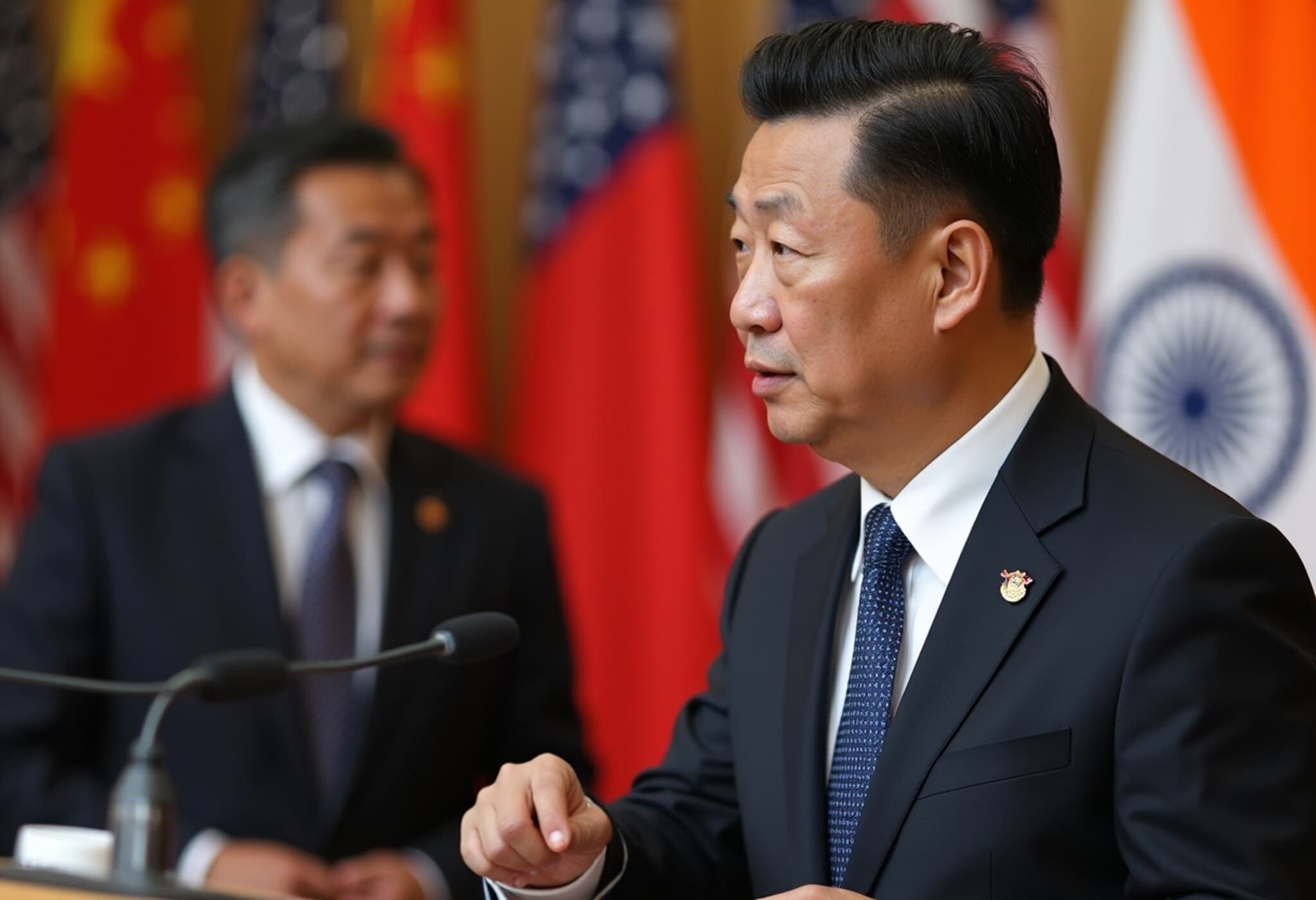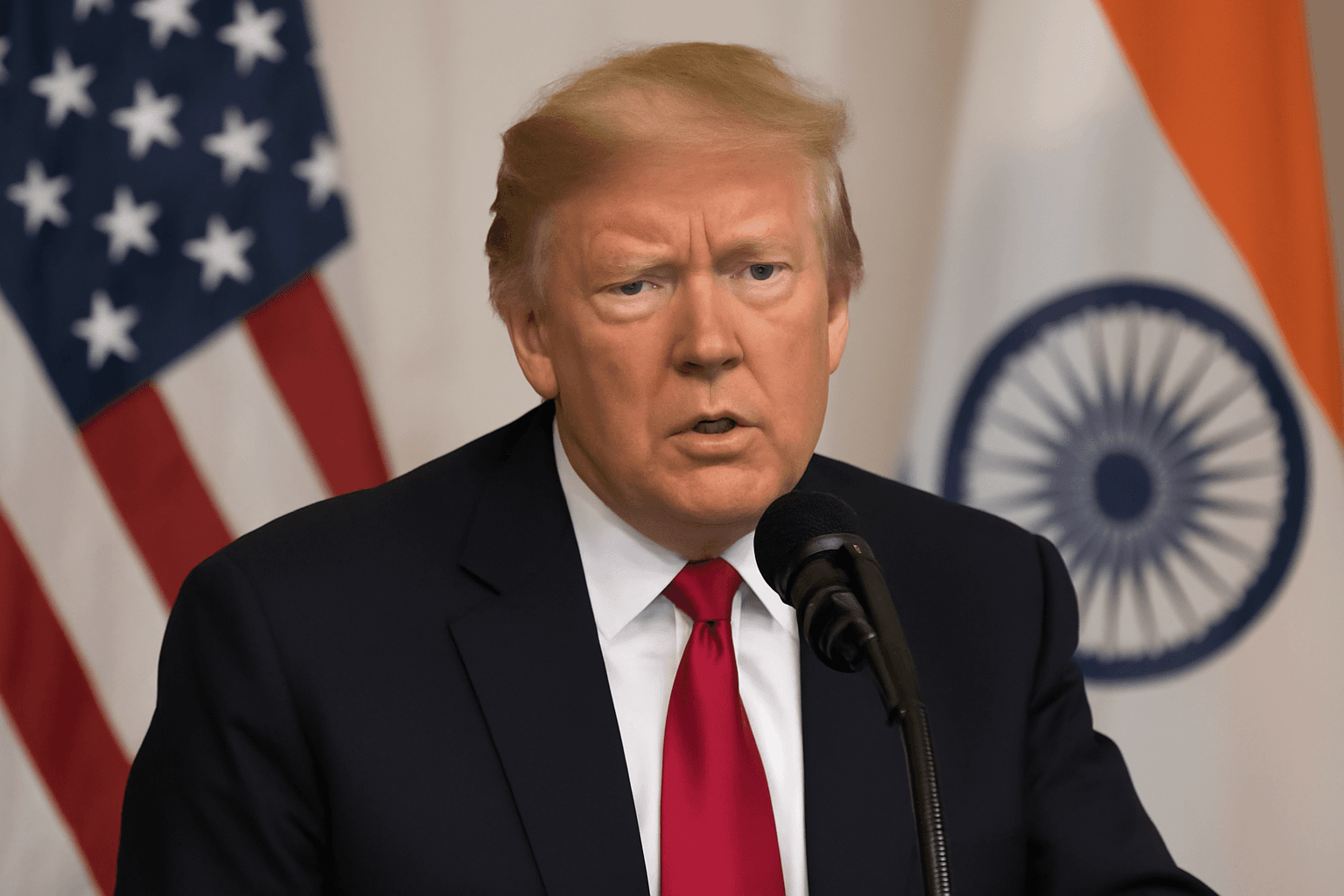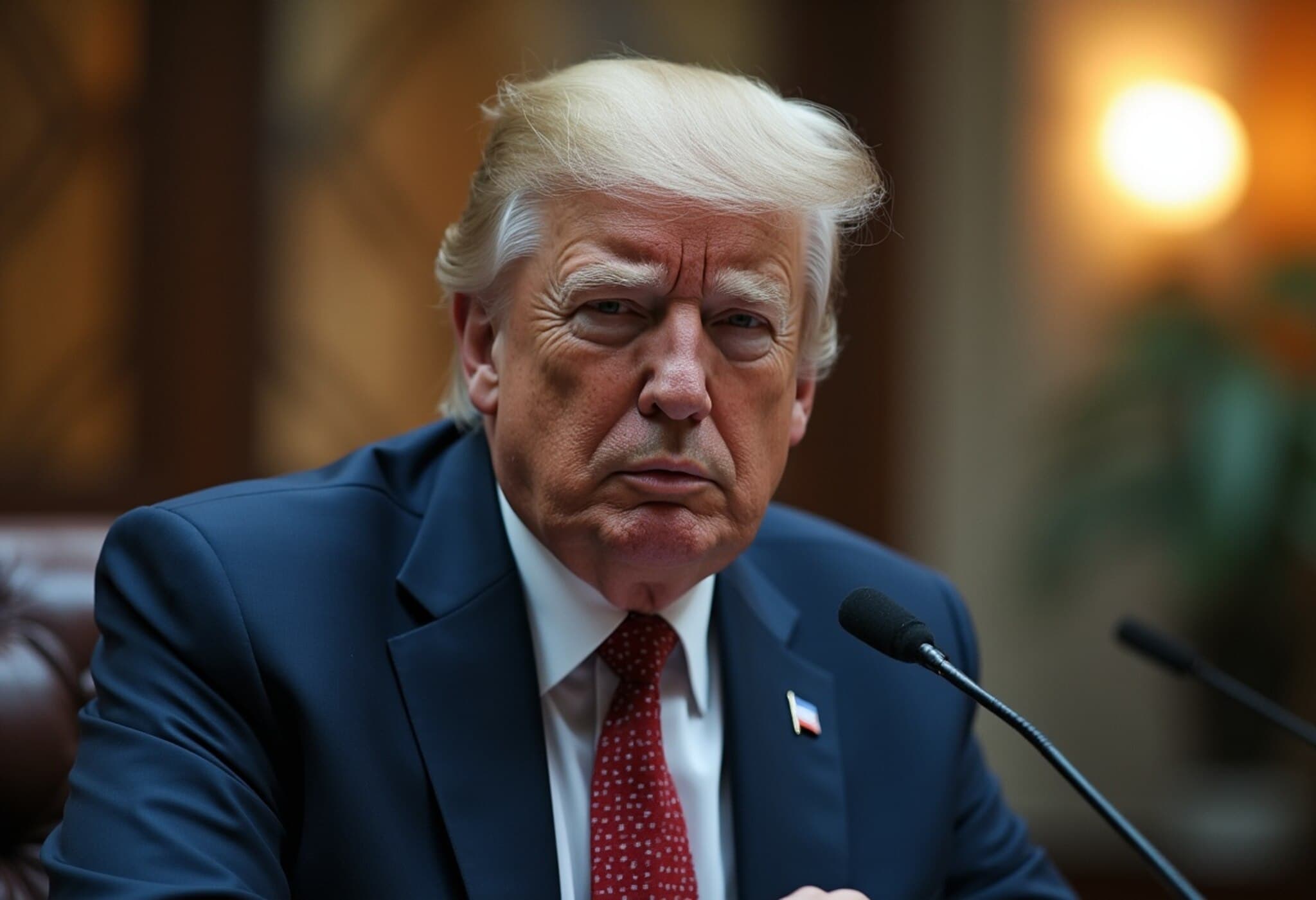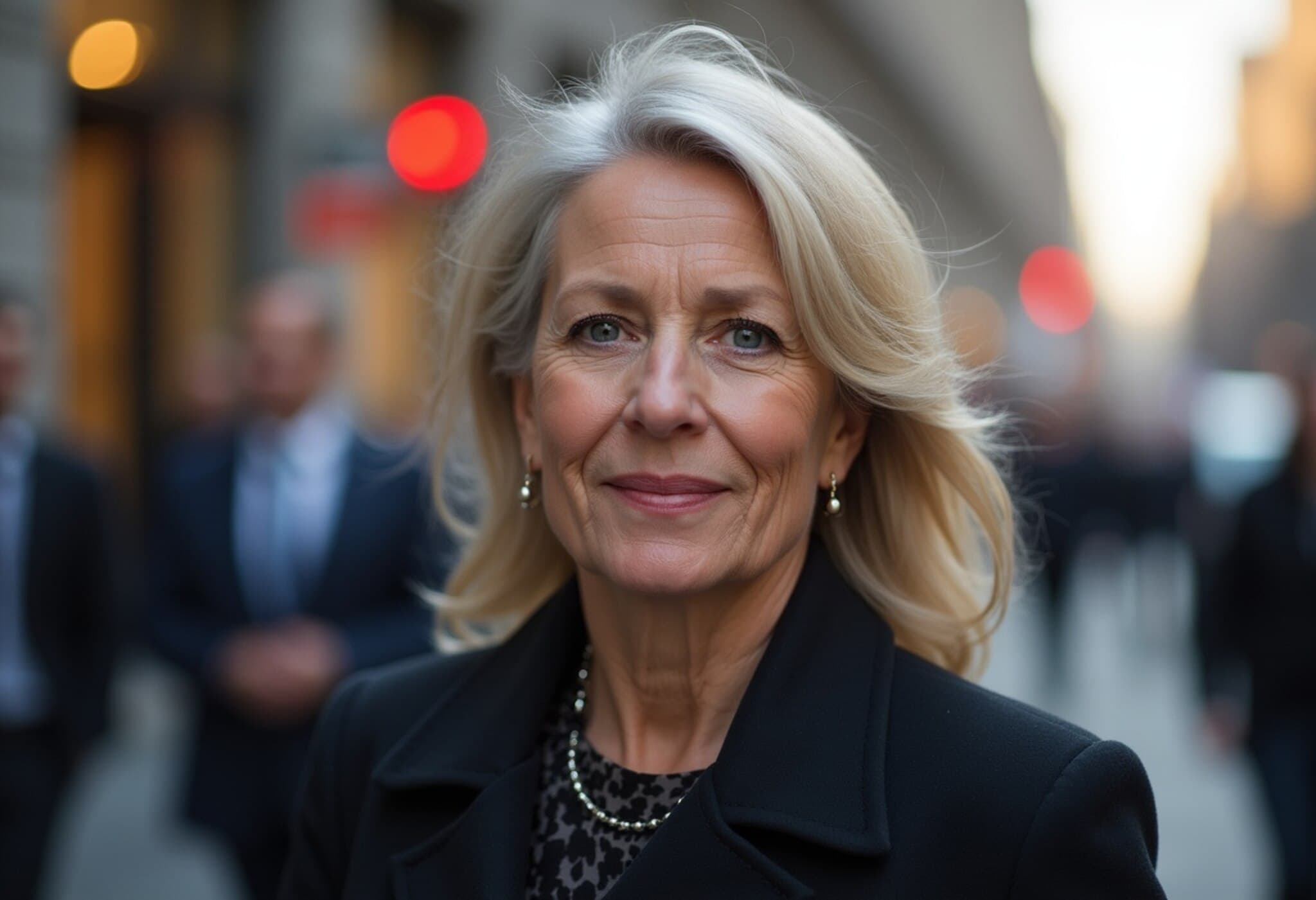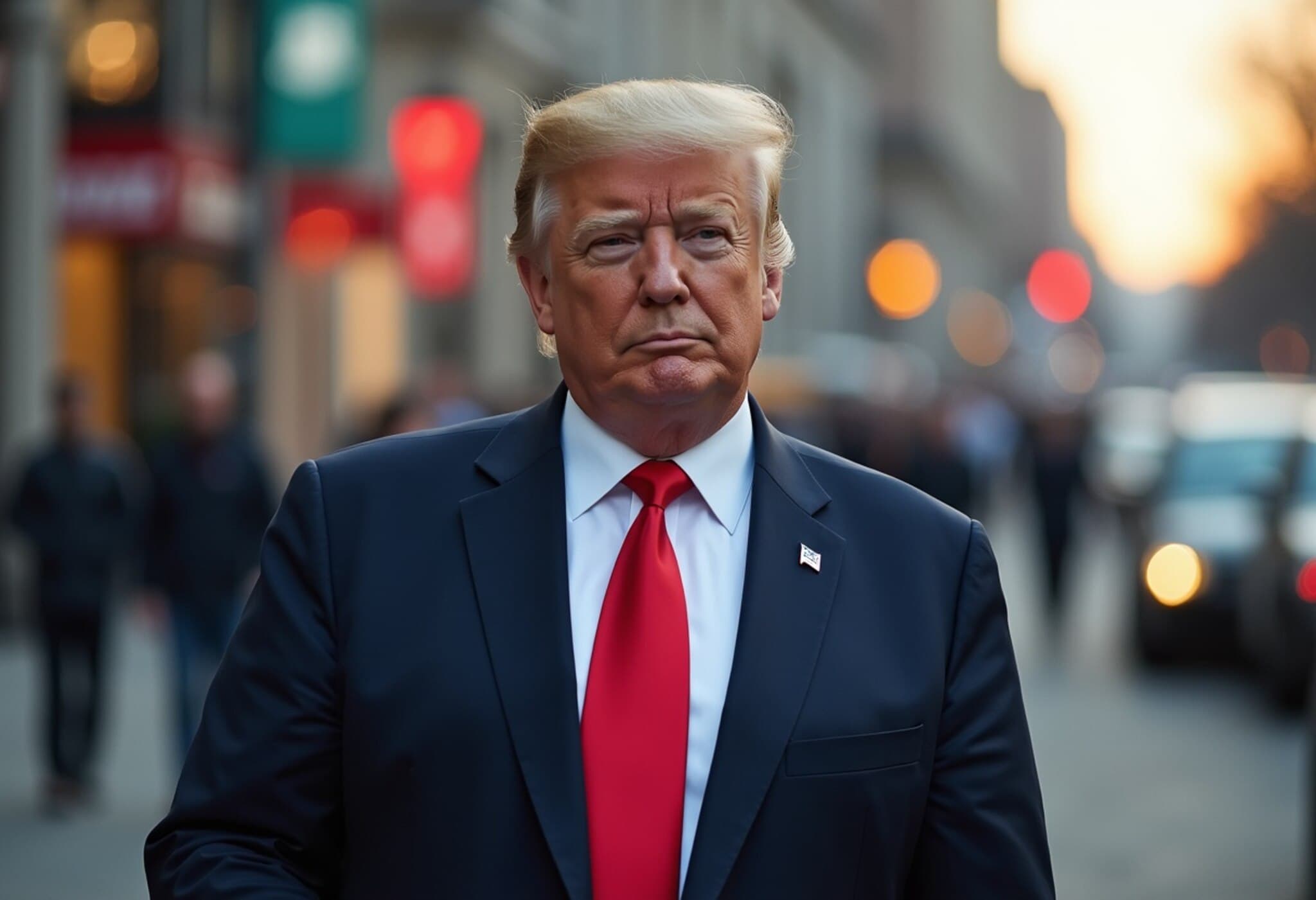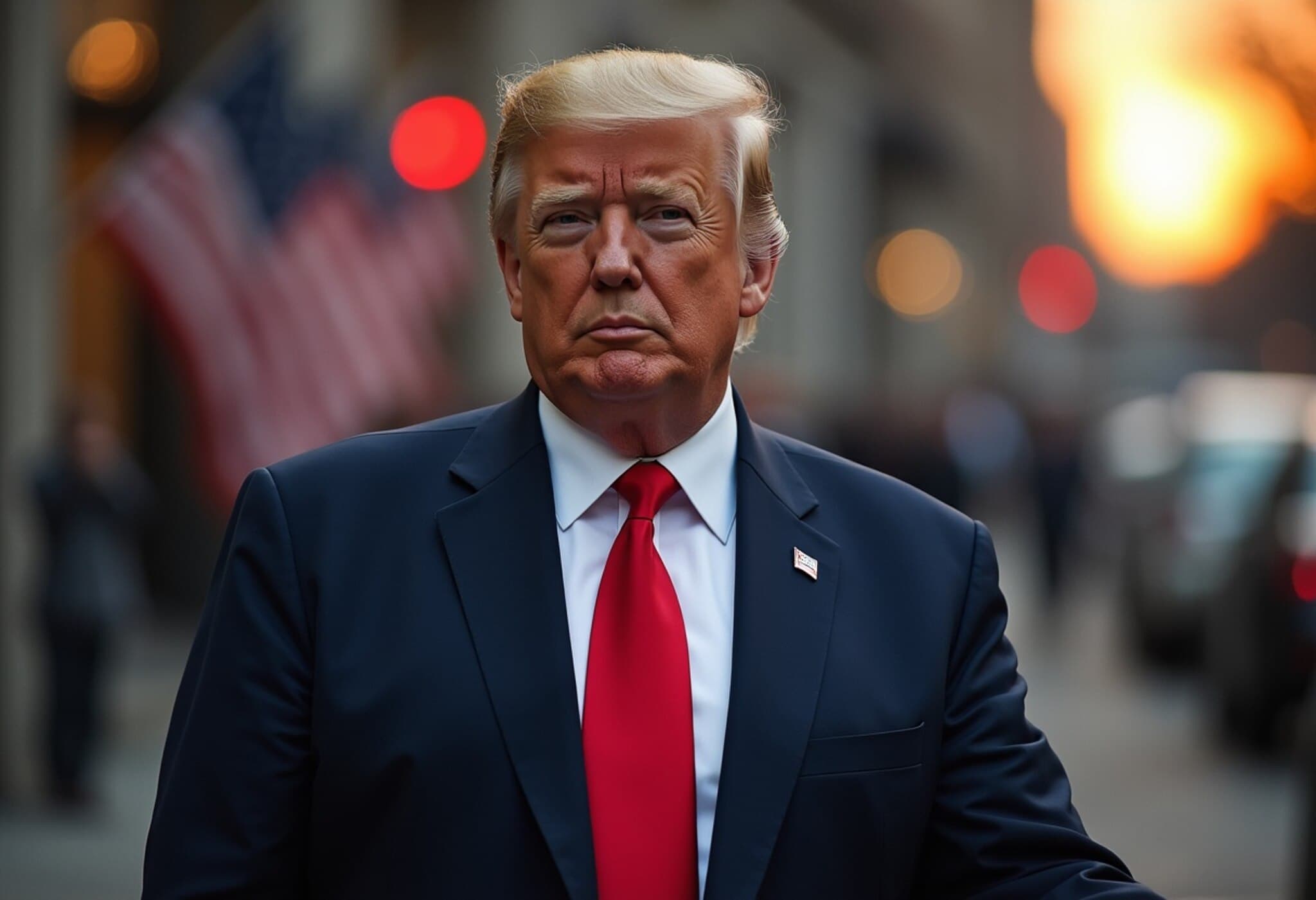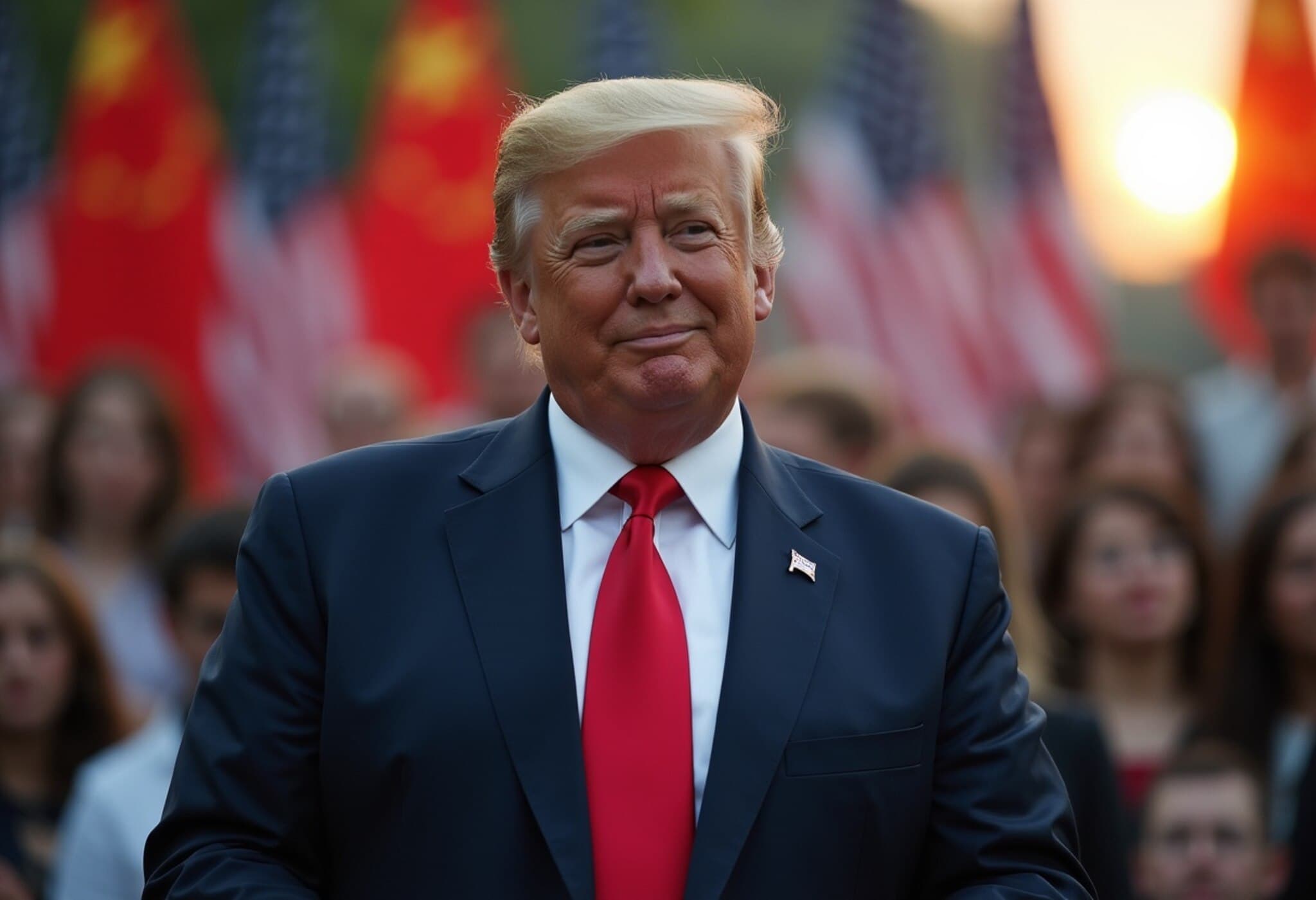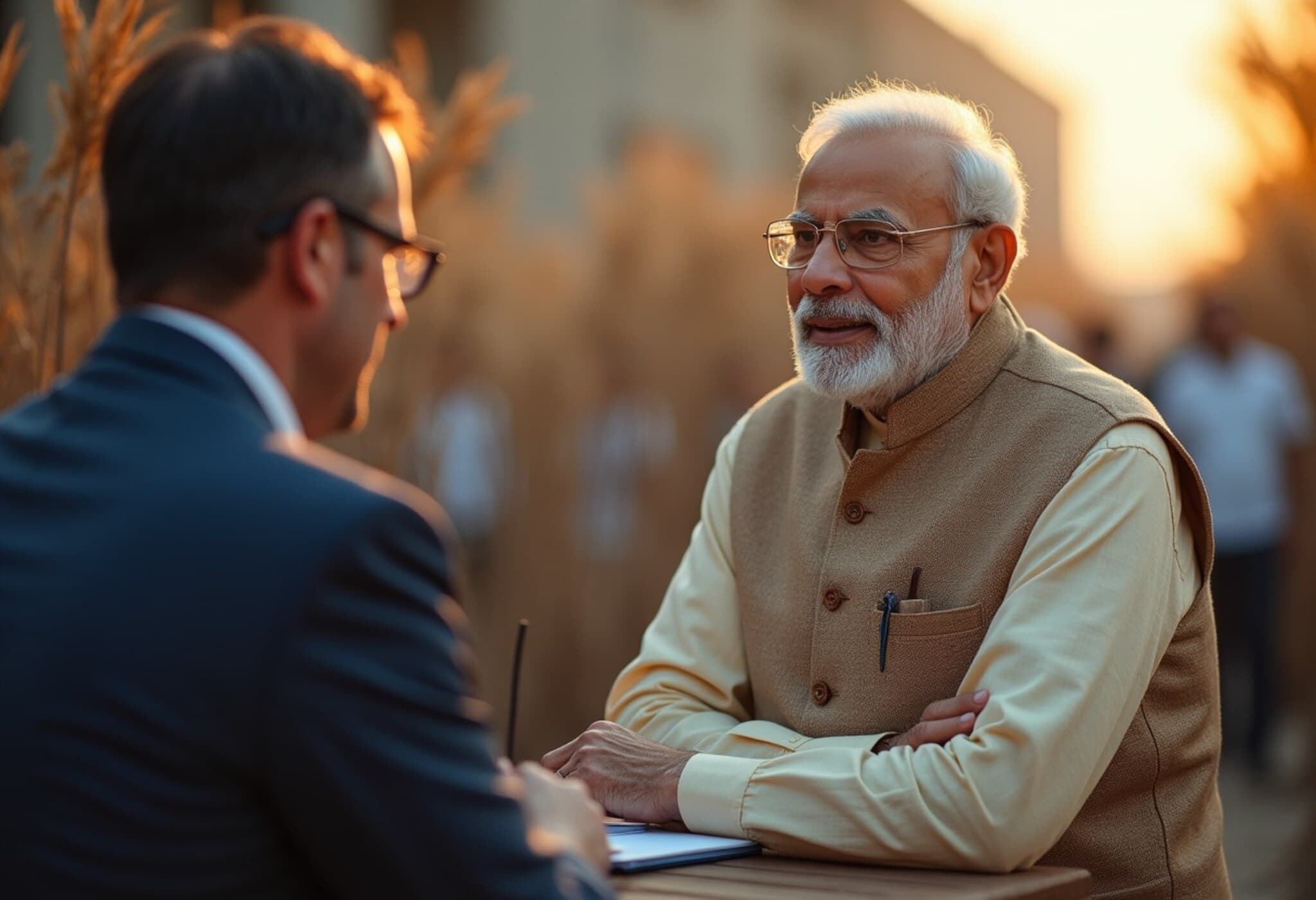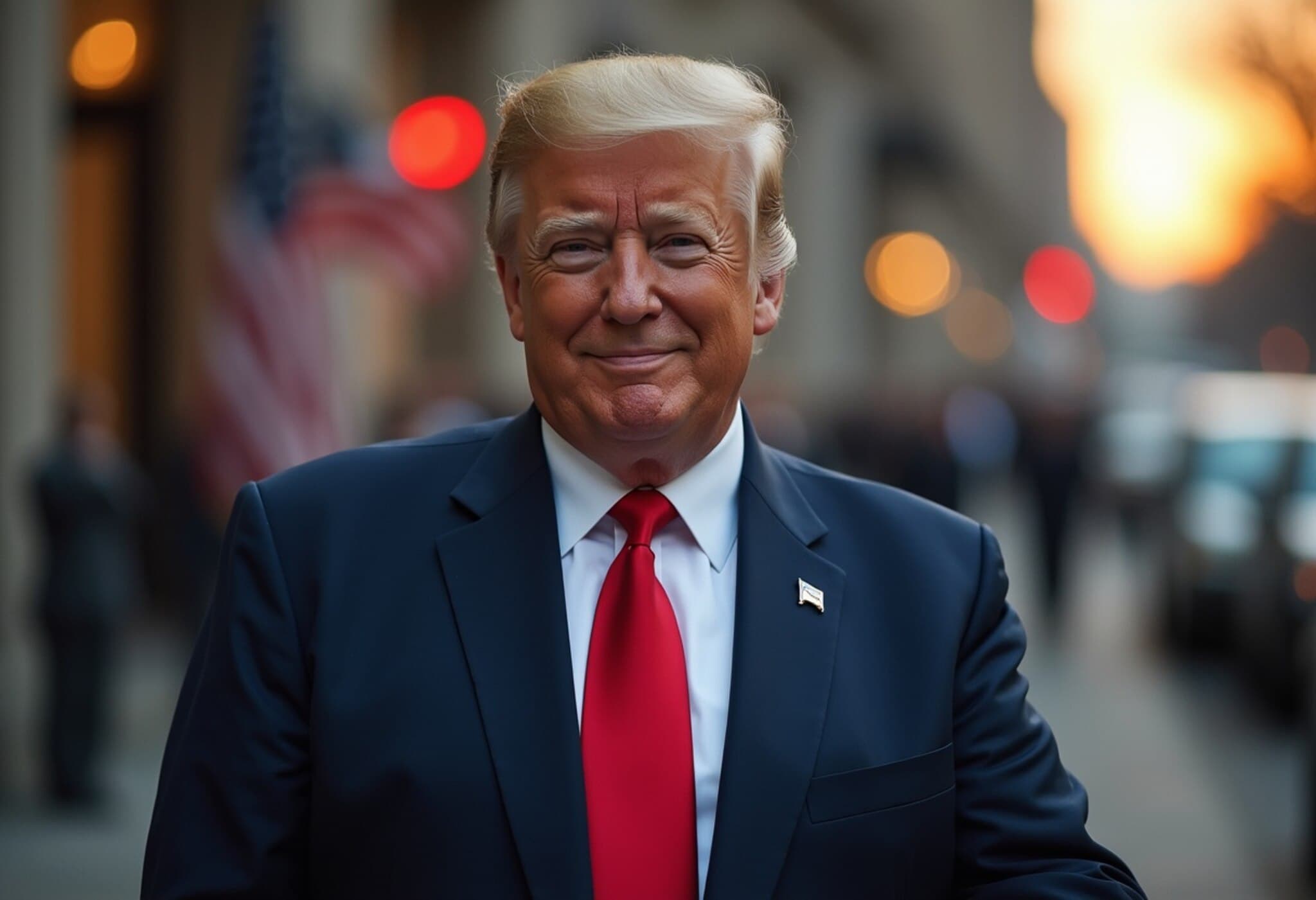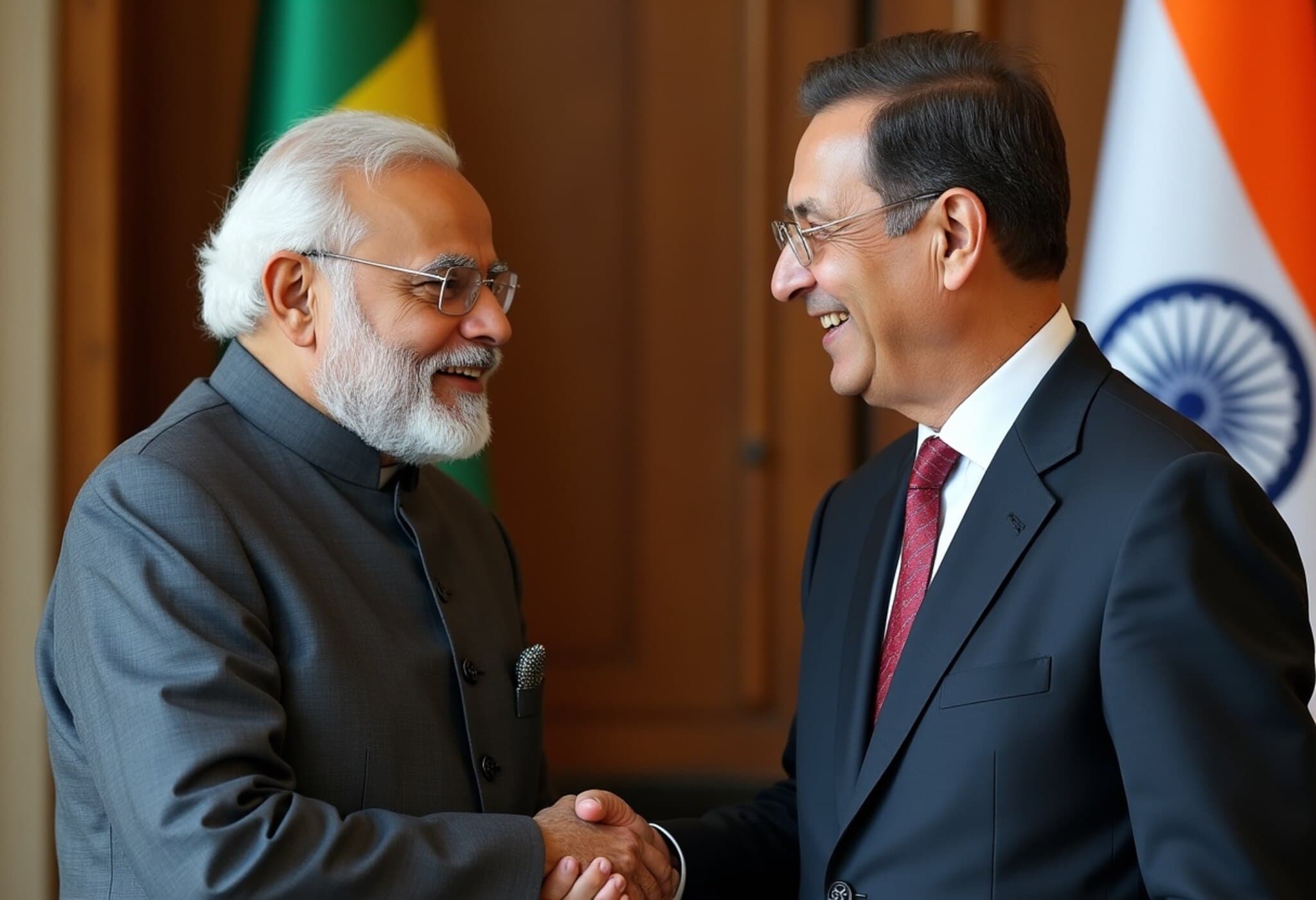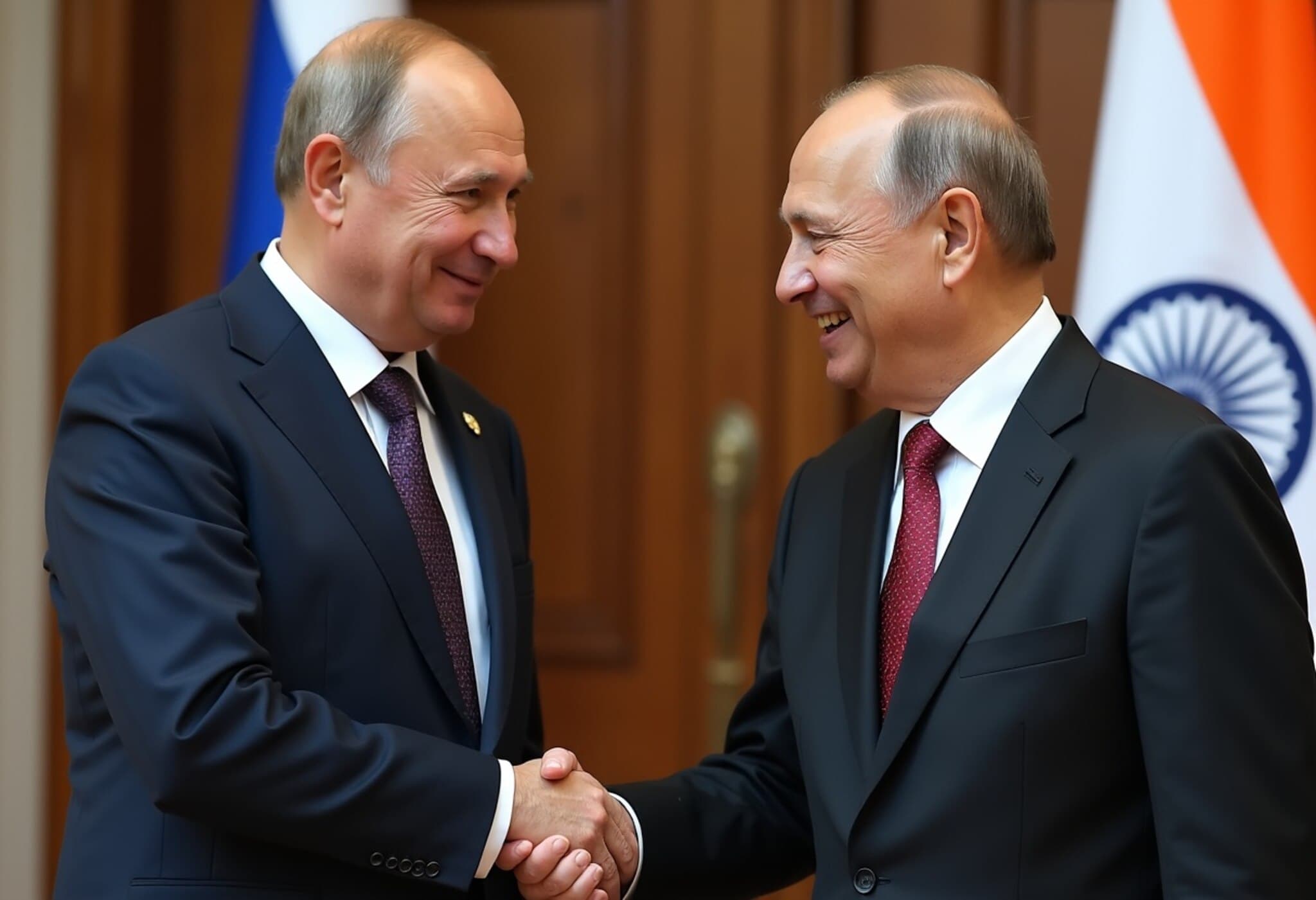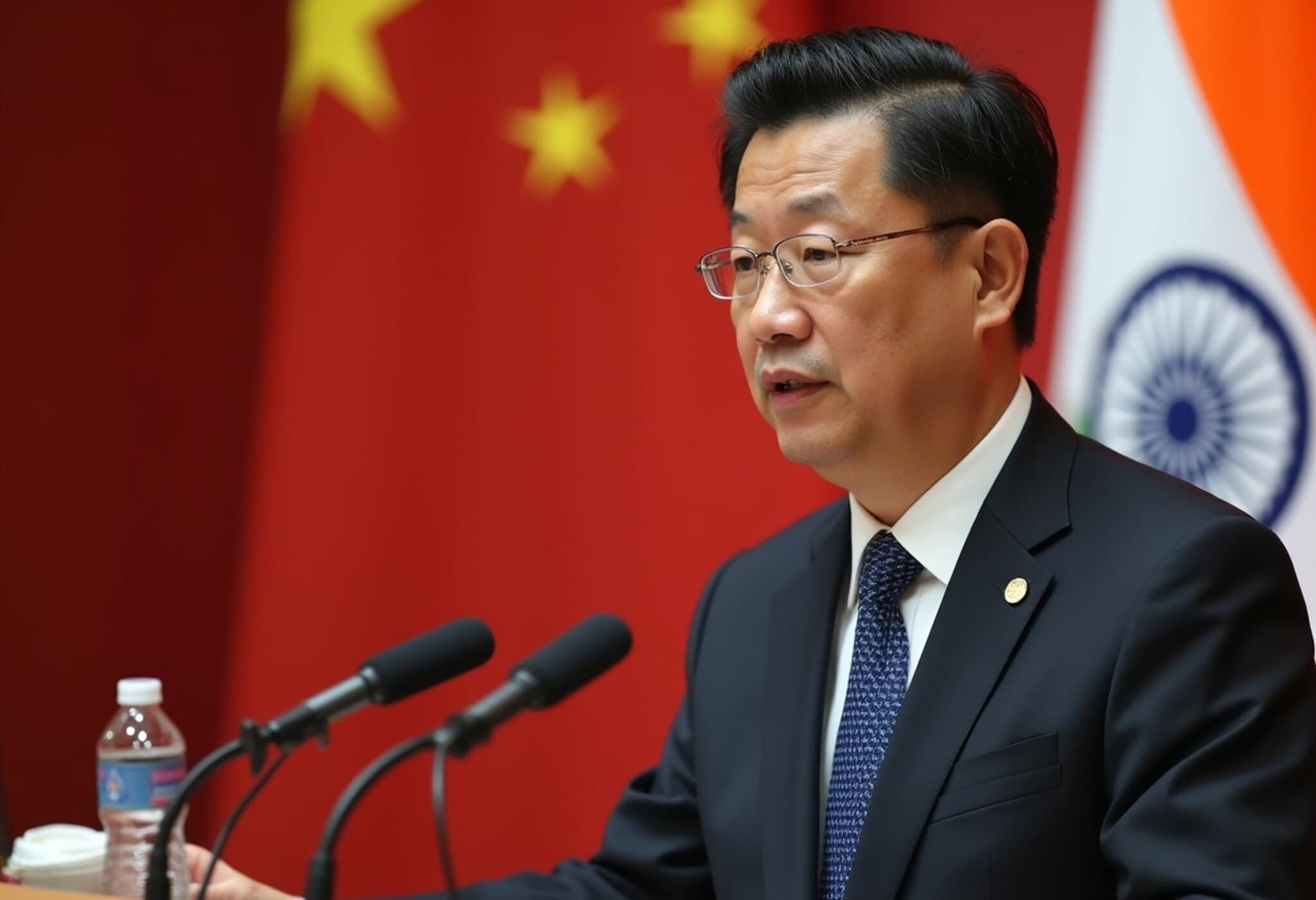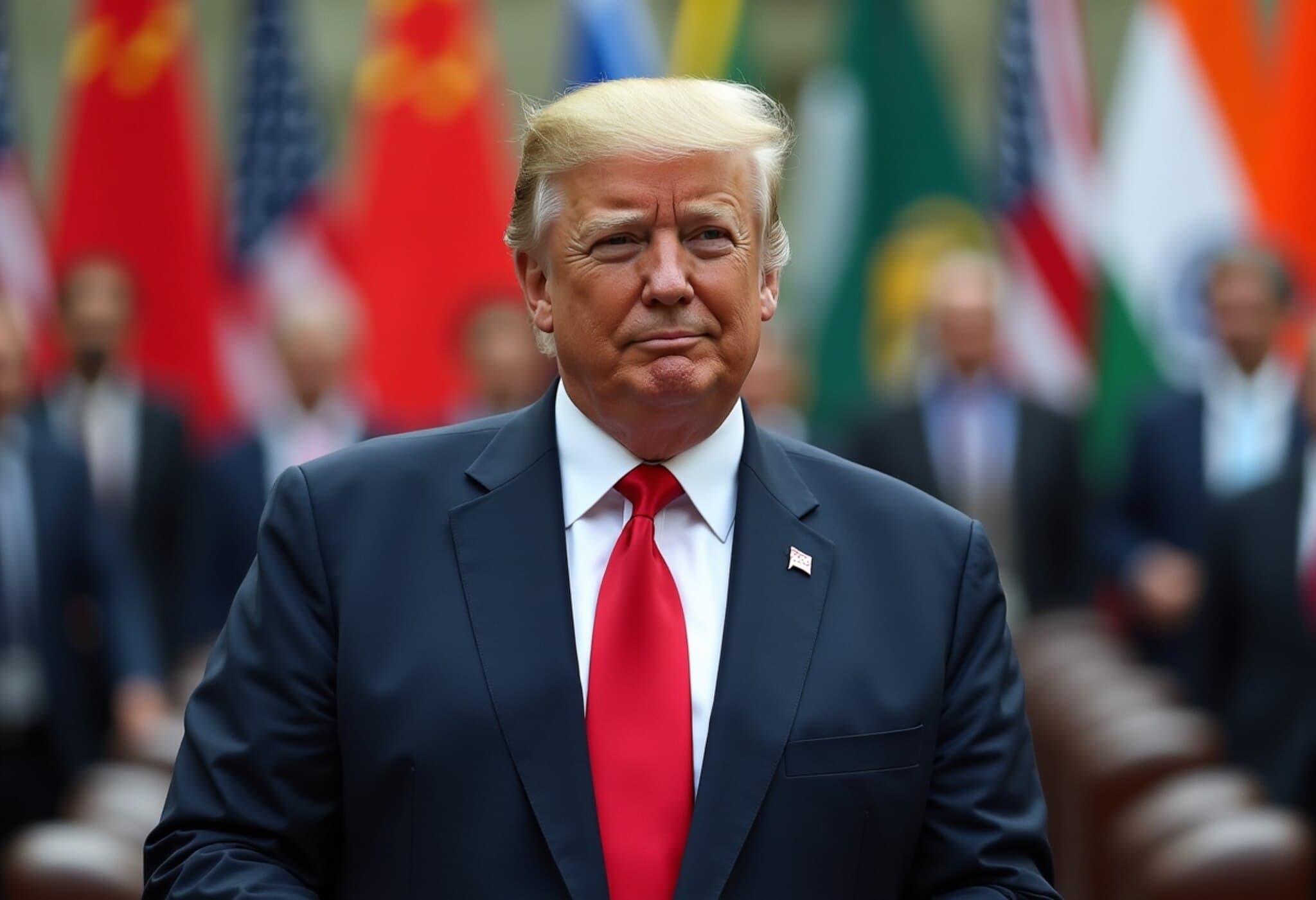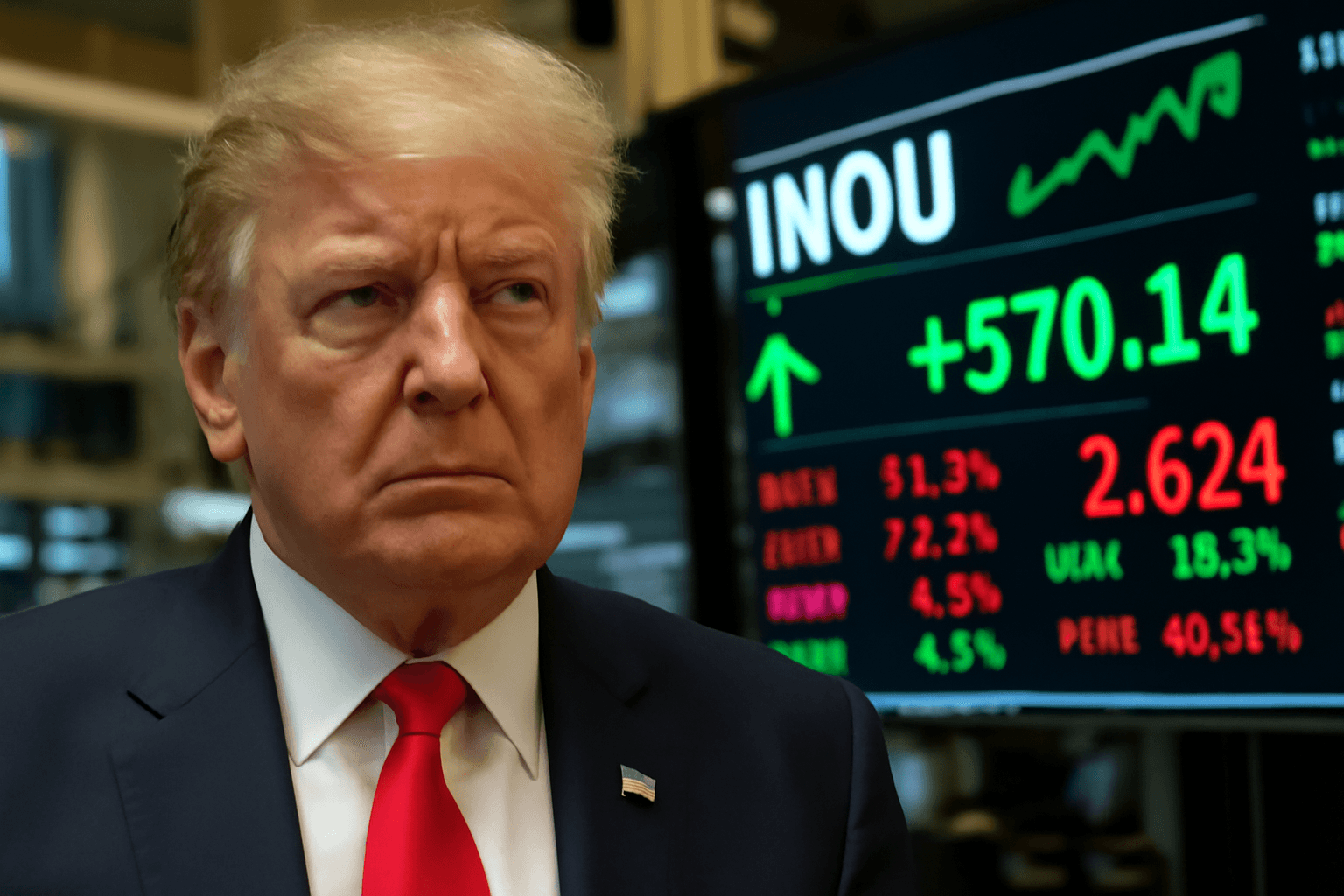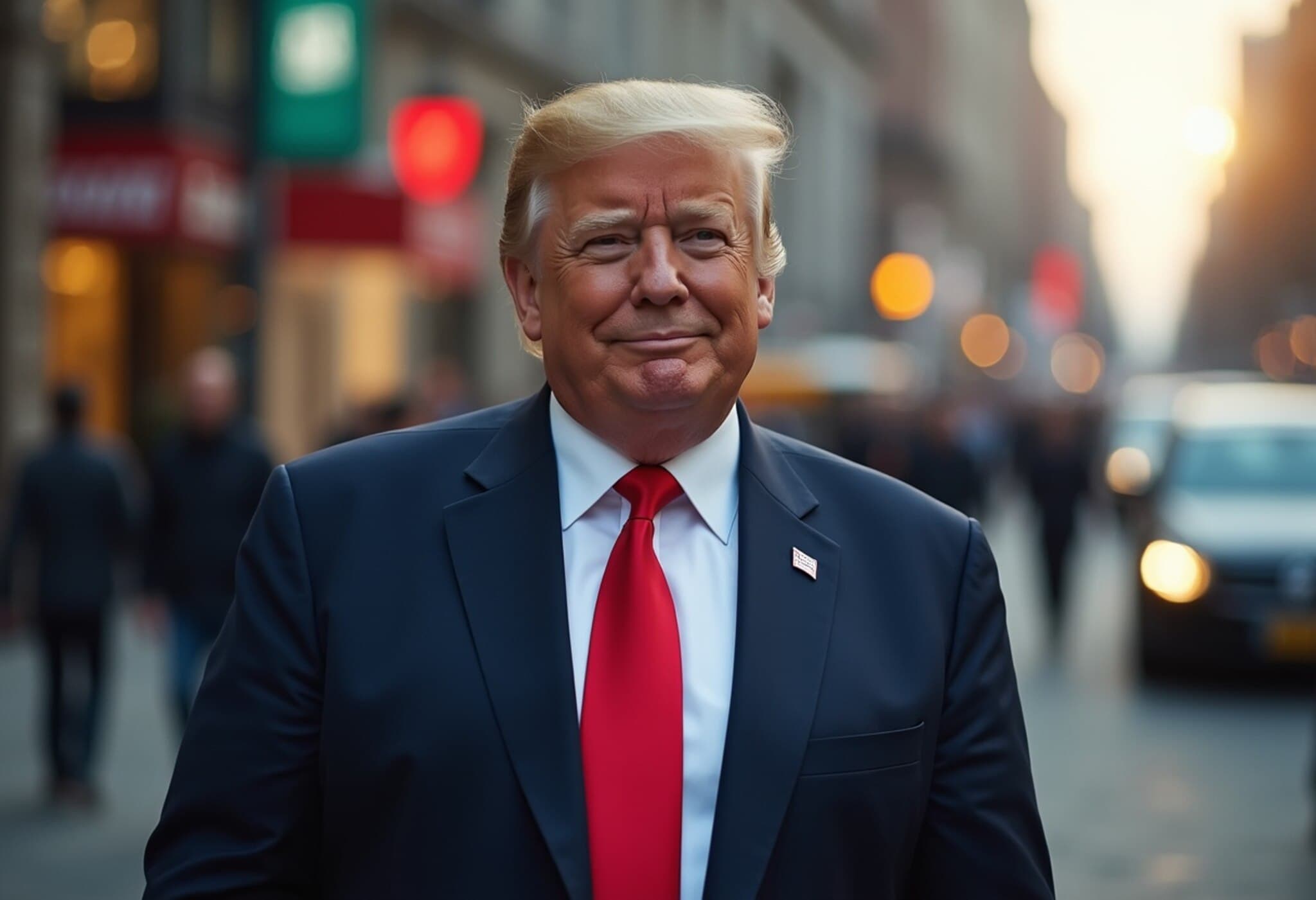China’s Ambassador to India Criticizes Trump’s Tariff Policies
In a pointed public statement that underscores the growing friction surrounding U.S. trade policies, Chinese Ambassador to India Xu Feihong openly denounced former U.S. President Donald Trump’s use of tariffs, calling him a “bully” for imposing levies on multiple nations, including India. The ambassador’s remarks, made on the social media platform X (formerly Twitter), highlight increasing global unease with protectionist trade measures that disrupt established economic relationships.
“Give the Bully an Inch, He Will Take a Mile”
Ambassador Xu’s choice of words was unmistakably strong, evoking the idea that once aggressive economic tactics are permitted, they tend to escalate unchecked. Quoting China’s Foreign Minister Wang Yi, Xu emphasized the broader diplomatic ramifications, noting that:
“Using tariffs as a weapon to suppress other countries violates the UN Charter, undermines WTO rules, and is both unpopular and unsustainable.”
This statement was made in the context of a phone call between Minister Wang Yi and Celso Amorim, Brazil’s presidential chief adviser, reflecting a coalition of voices from emerging economies seeking to counteract unilateral trade measures.
India-China Relations Against the Backdrop of U.S. Tariffs
The Ambassador’s comments come at a sensitive juncture in India-China relations. While both countries have historically been wary rivals competing for influence in South Asia, the recent stance taken by Chinese officials mirrors India’s own pushback against what it perceives as unfair trade practices. U.S. tariffs targeting India affect key labor-intensive exports, including gems and jewellery, textiles, and footwear, sectors fundamental to India’s economy and employment.
Strategic Implications of New Tariffs
- Experts warn these new duties, effective within 21 days, could severely disrupt Indian exports to the U.S., forcing India to diversify its trade partners rapidly.
- New Delhi has called the levies “unfair” and “unjustified,” particularly since other countries continuing to buy Russian oil are not targeted with similar sanctions, raising questions about selective enforcement.
- The move potentially exacerbates global supply chain uncertainties and geopolitical tensions, as economic tools become entwined with broader national security strategies.
Broader Regional and Geopolitical Context
Historically, successive U.S. administrations, including Trump’s predecessors, have cultivated close ties with India partly as a counterbalance to China’s rise. However, the imposition of tariffs complicates this dynamic, risking alienation amid India’s growing assertion of strategic autonomy. Notably, Prime Minister Narendra Modi is rumored to consider a visit to China later this year—the first since 2018—signaling a desire to manage bilateral ties amid shifting global alliances.
The last meeting between Modi and Chinese President Xi Jinping at an international summit underlined the complexity of their relationship — a mixture of cooperation and contestation. As both nations navigate their roles as regional powerhouses, trade disputes such as this one spotlight the fragility and interconnectedness of global diplomacy and economics.
Expert Perspective: Trade Wars and Their Human Cost
From an economic policy standpoint, tariffs often serve as blunt instruments that fail to achieve their desired political outcomes without collateral damage. Tariffs on Indian goods could seriously hamper livelihoods in cottage and small-scale industries, underscoring the human impact behind abstract trade numbers. Moreover, the diplomatic backlash from allied countries risks fracturing the very coalition the U.S. seeks to solidify against strategic rivals.
Trade experts urge Washington to consider multilateral approaches that balance national interests with global economic stability. Similarly, emerging economies stress adherence to World Trade Organization (WTO) frameworks to ensure fairness and predictability in international trade.
Looking Ahead
As economic nationalism and protectionism rise globally, the interplay between trade policies and geopolitical strategies is becoming increasingly complex. The exchange between China’s envoy and former U.S. leadership encapsulates this tension, revealing how tariffs can quickly escalate into diplomatic flashpoints. For India, balancing its economic partnerships amid such volatility will be vital for sustaining growth and regional influence.
Editor's Note
This episode raises critical questions about the future of global trade governance and the role of economic diplomacy in an era marked by shifting alliances and nationalist policies. While tariffs may be wielded as leverage, their broader implications challenge policymakers to rethink strategies that promote sustainable and equitable growth without igniting deeper rifts.
Readers are encouraged to consider: How can international institutions reinforce fair trade rules to prevent economic coercion? What mechanisms might emerging economies employ to safeguard their interests amid great power rivalries? And how do tariff policies intersect with broader geopolitical security concerns in today’s multipolar world?

